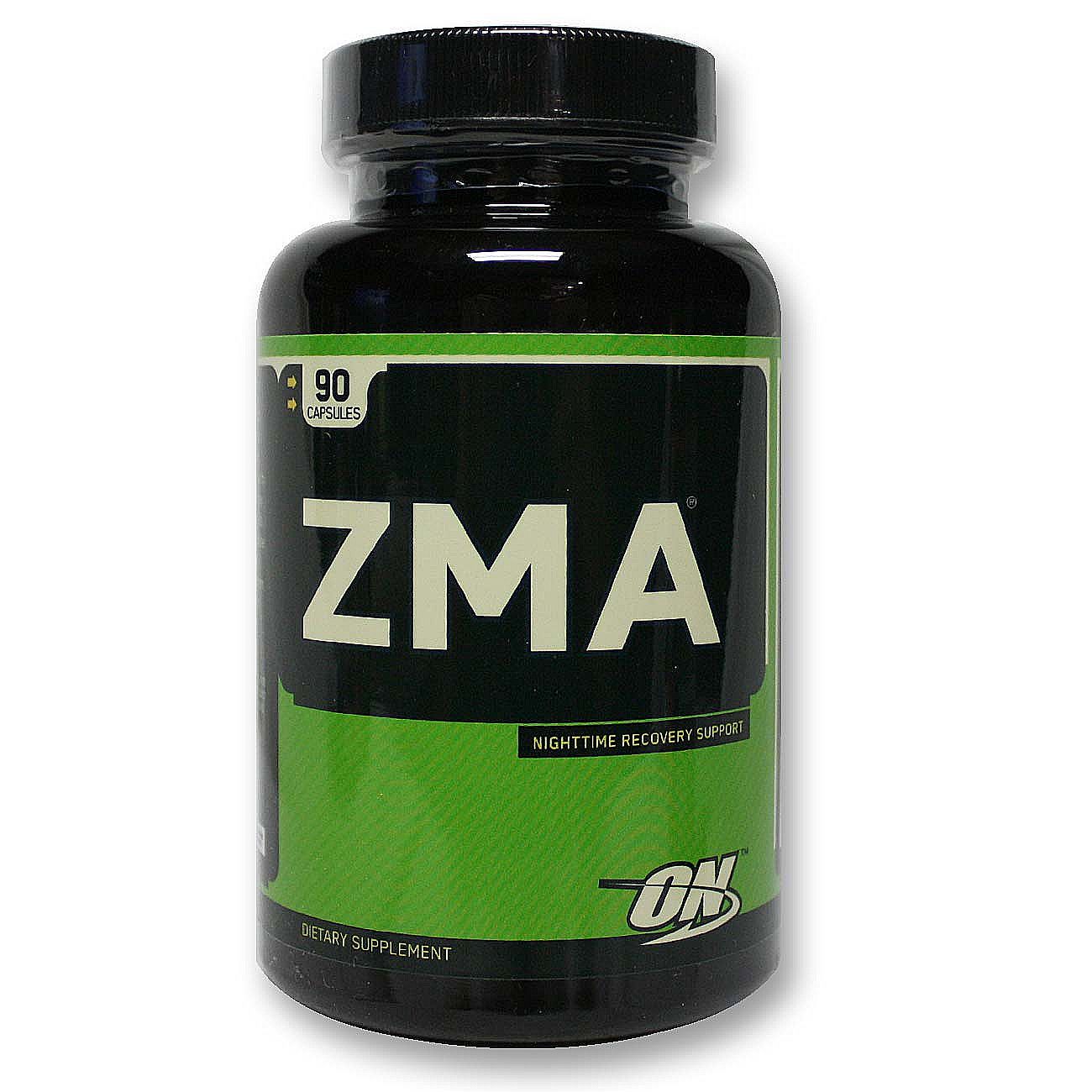Health or Hoax? ZMA
By Ari Snaevarsson, Features Editor
For this edition of “Health or Hoax?” I wanted to cover a supplement that had piqued my interest a while back when a trial run of it gave me some of the strangest, most realistic dreams I had ever had. The supplement, Zinc Monomethionine Aspartate (or ZMA for short), is said to boost testosterone, improve sleep, and aid in recovery and muscle building. These are the supposed benefits I will be examining and challenging in today’s article. I will also briefly touch on the effects on dream state I mentioned, but I will focus the article on its primary benefits.
First off, what is ZMA? Put plainly, it is a compound supplement, composed of zinc in monomethionine and aspartate forms, magnesium in its aspartate form, and vitamin B6 in the form of pyridoxine hydrochloride. I mention the respective nutrients’ forms for the sake of explaining the supplement’s name; do not get too hung up on them.
Before I get into looking at the direct evidence for supplemental ZMA, let us examine the main functions of each of its ingredients. Zinc plays vital roles in cell division, cell growth, clotting, antioxidant defense (as well as general immune system functioning), and carbohydrate breakdown (accompanied by its enhancing of insulin action)1. Foods high in zinc include seafood, chicken, red meats, green leafy vegetables, nuts, and seeds.
Magnesium helps maintain normal nerve and muscle function, promotes a healthy immune system, helps regulate blood glucose levels, and plays an essential role in muscle protein synthesis2. As we can see, this mineral shares many of the same functions as zinc. And, as we might imagine, it is found in many of the same foods.
The final component of this supplement is vitamin B6, which functions as an important co-enzyme for many fundamental metabolic reactions and helps the body produce important neurotransmitters, like serotonin and norepinephrine3. And, once again, we find this in the same types of foods. The similarities in these nutrients’ functions and sources speaks to the probable intention behind combining them.
So what does the actual science say? It proves difficult to find big, comprehensive
studies or reviews on the supplement that provide any promising answers. The one major study I was able to find, looking at the effects of ZMA supplementation on training adaptation, found absolutely no correlation between the two4.
My one major concern with the supplement in its current form is the possibility of supplemental zinc and magnesium (note: in synthetic form, not natural) competing for absorption, which does seem to be grounded in empirical evidence5. With the limited amount of support behind its proclaimed benefits and this potential issue existing, the supplement’s claims should be met with heavy skepticism.
Before wrapping this up with my takeaway message, I want to briefly mention the topic of ZMA’s effects on dreaming. Anecdotally, it has been brought up by users that oddly vivid dream experiences were elicited when taking the supplement. It appears that this effect stems from the pyridoxine (vitamin B6), and evidence points to its leading to an increase in cortical arousal during REM sleep, the stage during which dreaming is most vivid6. That said, it is imperative to read between the lines in such studies, as further inspection tells us far greater amounts of the nutrient than can be found in the typical serving of ZMA are required to elicit such an effect. The anecdotal prevalence of these weird dreams when taking the supplement may still hold some weight, as lower dosages might still cause a low-grade cortical response, but this is entirely conjecture.
The takeaway: Certainly, the claims made for ZMA supplementation can be ascribed to intake of each of its individual ingredients, but no current merit stands for its use as a compound supplement. Furthermore, the combination of supplemental zinc and magnesium, even in their supposedly most “bioavailable” forms, poses the potential issue of competitive inhibition, meaning both nutrients mar one another’s respective absorption rates.
Want to boost testosterone? Eat a diet high in healthy fats, get plenty of sleep, practice
tools for stress management like mind body relaxation, and hope you won the genetic lottery. Want to improve sleep? Turn off all electronics at least 30 minutes before bed and maybe consider purchasing a blue light-filtering pair of glasses or a sleep mask. Want something to aid in recovery and muscle building? Make sure you are getting an adequate daily caloric and protein intake, improve sleep habits, and work on mobility and stretching.
References
- “Zinc in Diet: MedlinePlus Medical Encyclopedia.” Accessed March 22, 2016. https://www.nlm.nih.gov/medlineplus/ency/article/002416.htm.
- “Magnesium in Diet: MedlinePlus Medical Encyclopedia.” Accessed March 22, 2016. https://www.nlm.nih.gov/medlineplus/ency/article/002423.htm.
- “Vitamin B6 (Pyridoxine).” University of Maryland Medical Center. Accessed March 22, 2016. http://umm.edu/health/medical/altmed/supplement/vitamin-b6-pyridoxine.
- Wilborn, Colin D, Chad M Kerksick, Bill I Campbell, Lem W Taylor, Brandon M Marcello, Christopher J Rasmussen, Mike C Greenwood, Anthony Almada, and Richard B Kreider. “Effects of Zinc Magnesium Aspartate (ZMA) Supplementation on Training Adaptations and Markers of Anabolism and Catabolism.” Journal of the International Society of Sports Nutrition 1, no. 2 (December 31, 2004): 12–20. doi:10.1186/1550-2783-1-2-12.
5. Spencer, H., C. Norris, and D. Williams. “Inhibitory Effects of Zinc on Magnesium Balance and Magnesium Absorption in Man.” Journal of the American College of Nutrition 13, no. 5 (October 1994): 479–84.
- Ebben, Matthew, Anthony Lequerica, and Arthur Spielman. “Effects of Pyridoxine on Dreaming: A Preliminary Study.” Perceptual and Motor Skills 94, no. 1 (February 2002): 135–40. doi:10.2466/pms.2002.94.1.135.

